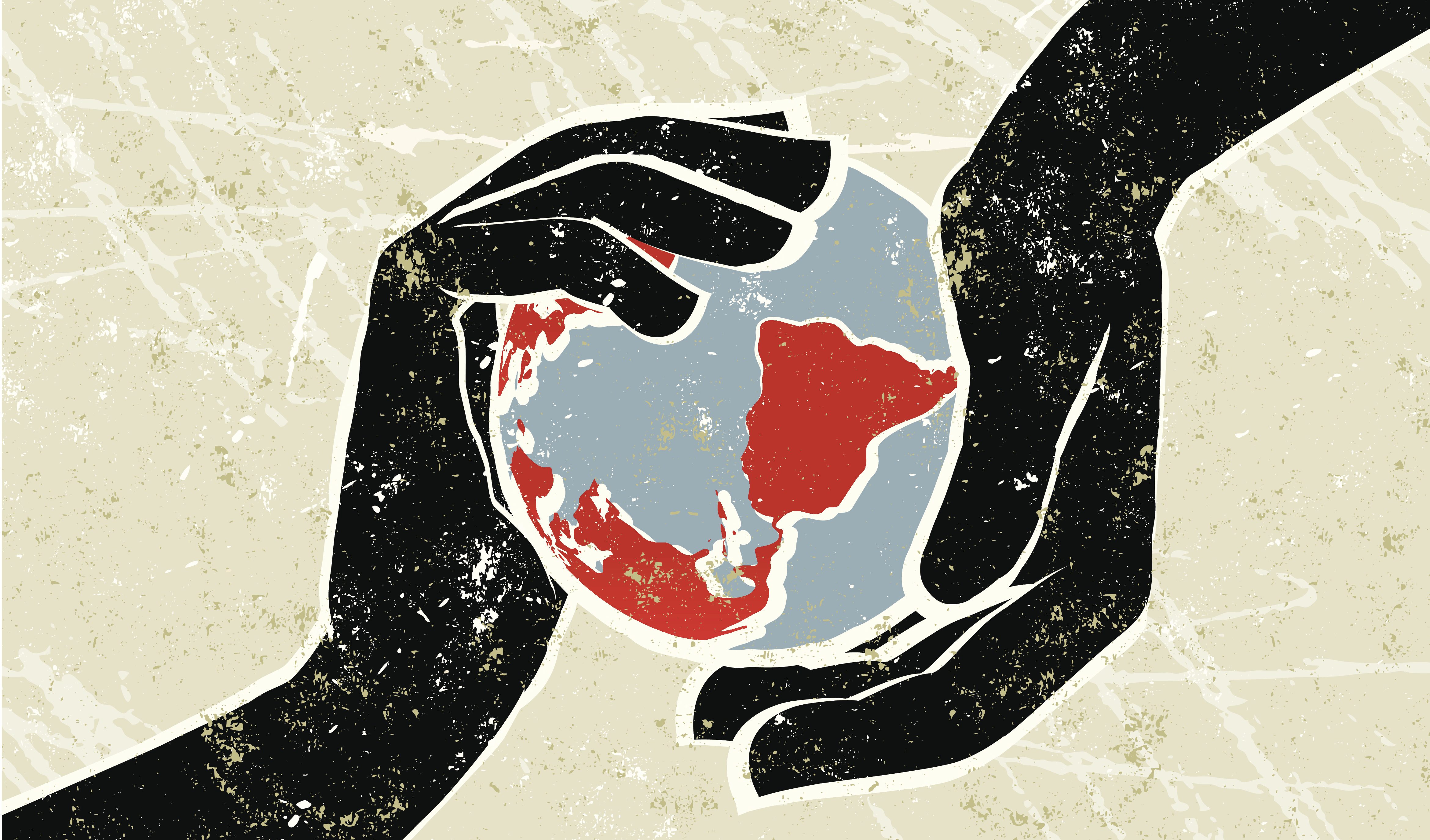
Organized by Imagining Climate Change and the Sustainable Online Network for Global Cultural Studies (SONGS).
Webinars in October, 2020:
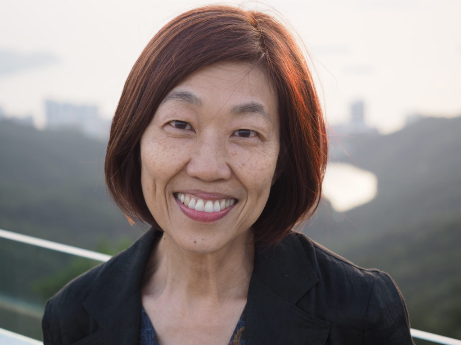
Click here for the Recording of this Event and the Event-Specific Website.
October 13, 6:30-8:30 pm: Dorothy Ko, “Tu-Ren (Earth-Humans) and Feng-Shui (Wind-Water): Environmental Justice in China.”
What can we learn from the concept and practice of environmental justice in China? Mainstream media in the U.S. often portray twenty-first-century China as the land of polluted air, untamed waters, and rapacious development. This is only half the picture. This presentation examines the works of Beijing-based landscape architect Kongjian Yu and his firm Tu-renscape, whose projects of “sponge cities” and concept of “anti-planning” are informed by centuries-long practices of farming, dwelling, and siting (feng shui). Instead of the vision of man-against-nature prevalent in Euro-America, premodern Chinese lives were rooted in an entirely different ecology of humans-in-nature.
Dorothy Ko is Professor of History and Women’s Studies at the Barnard College of Columbia University . As a historian of early modern China, her research interests have included Literature, Visual and Material culture; Women’s, Gender and Sexuality Studies; Science and Technology; Eco-Art History. She is author of numerous books, including The Social Life Of Inkstones. Artisans and Scholars in Early Qing China (2017); https://vimeo.com/372881205
Response by Anna Peterson, Professor in the Department of Religion at the University of Florida.
Anna L. Peterson’s research and teaching areas are social ethics, environmental ethics, religion and social change, animal studies, and religion and politics in Latin America. At UF, she is affiliated with several interdisciplinary programs: the Center for Latin American Studies, the School of Natural Resources and the Environment, the Program in Tropical Conservation and Development, and the Center for Gender, Sexualities, and Women’s Studies Research.
___

Click here for the Recording of this Event and the Event-Specific Website.
October 20, 6:30-8:30 pm: Andréa Zhouri, “The Rise of Anti-Environmentalism In Brazil: From Deregulation to Institutional Dismantling.”
After four decades of initiatives aimed at consolidating environmental governance based on the paradigm of ecological modernization, a process that implied alliances between corporations, the State, and hegemonic NGOs, Brazil now faces the rise of openly anti-environmental and anti-indigenous policies. This trend poses new challenges for the fight for environmental justice in the country. Political sectors such as ruralists, miners, and evangelicals that formerly occupied specific niches in Parliament, have now moved with the military into central positions in the government. I will analyze how the process of environmental deregulation, active since the early 2000s in ecological modernization policies, has paved the way for the current wave of environmental dismantling and its concrete effects on deforestation, as well as increasing violence in the territories occupied by indigenous peoples and traditional communities.
Andréa Zhouri is Professor of Anthropology and Archaeology at the Federal University of Minas Gerais (UFMG). Her research includes Sustainable Development, Environmental Impact Assessment; Environmental Governance, Politics, and Ethics; Indigenous People, Traditional Communities, and the Environment. https://www.researchgate.net/profile/Andrea_Zhouri
Response by Simone Athayde, Associate Professor in the Department of Global and Sociocultural Studies and Kimberly Green Latin American and Caribbean Center at Florida International University.
Simone Athayde’s research examines the impacts of large infrastructure projects and climate change on Indigenous peoples and local communities across the Amazon, as well as their responses and agency over these processes. At LACC/GSS/FIU, she plans to work with several FIU faculty, staff, and students, as well as with diverse Brazilian social actors, to develop a joint vision and a strong research component for the new Brazilian Studies Institute.
___
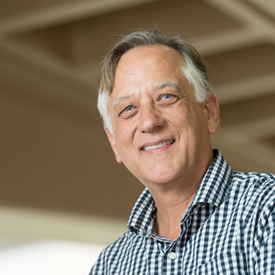
Click here for the Recording of this Event and the Event-Specific Website.
October 27, 6:30-8:30 pm: Edward B. Barbier, “How to make a post-COVID Green New Deal work.”
The economic recovery from the COVID-19 pandemic will be long and arduous. However, simply reviving the existing “brown” economy will exacerbate irreversible climate change, biodiversity loss and other environmental risks. Instead, we must foster green structural transformation of our economy. This will require a long-term commitment – perhaps 5 to 10 years – of public investments and policy reforms. Yet already government finances have been stretched thin and debt is rising because of the pandemic. This presentation explains that a workable and affordable Green New Deal is possible, if we adopt the right strategy and policies.
Edward B. Barbier is University Distinguished Professor in the Department of Economics, Colorado State University and a Senior Scholar in the School of Global Environmental Sustainability. His main expertise is natural resource and development economics as well as the interface between economics and ecology. His recent work focuses on policies for greening the post-pandemic recovery, which is summarized in his World Economic Forum blog post Here’s how to deliver a green recovery for the G20 economies.
Response by Les Thiele, Distinguished Professor in the Department of Political Science at UF; Director of Sustainability Studies.
Les Thiele’s research and teaching focuses on political thought, sustainability, emerging technologies, and the intersection of political philosophy and the natural sciences. His central concerns are the responsibilities of citizenship and the opportunities for leadership in a world of rapid technological, social, and ecological change. He has published 9 books, including Sustainability (Polity 2016) and The Art and Craft of Political Theory (Routledge 2019).
Additional Resources
- A Green Post-COVID-19 Recovery (opens in new tab)
- Building A Greener Recovery (opens in new tab)
- Greening the Post-pandemic Recovery in the G20 (opens in new tab)
- How to Make the Next Green New Deal Work (opens in new tab)
___
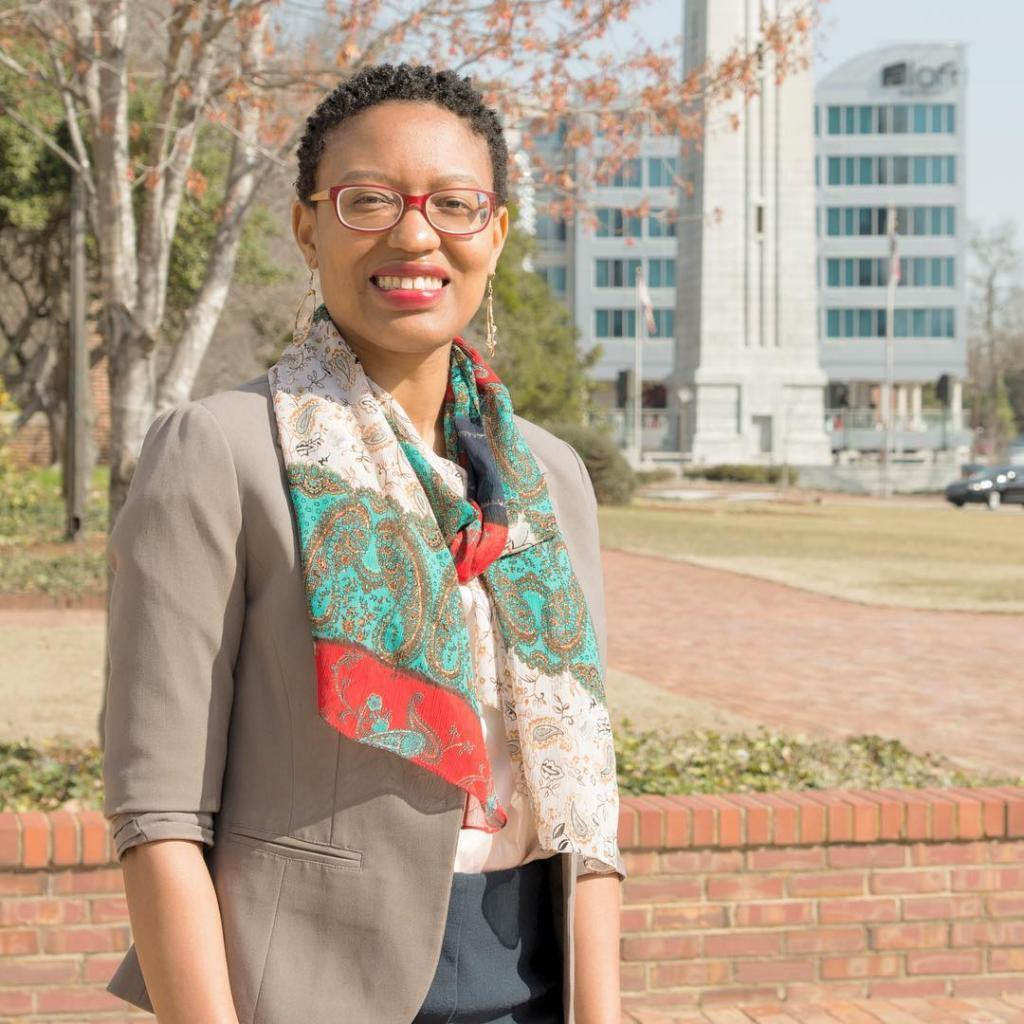
October 29, 6:30-8:30 pm: Frances Roberts-Gregory, “Resist, Recover, and Reimagine: Black and Indigenous Women for Climate Justice in Gulf Coast Louisiana.”
Click on this Link to attend this Webinar: https://ufl.zoom.us/j/93822520504
Women and frontline communities of color currently lead grassroots movements for environmental, energy, and climate justice. They resist state-corporate crime, gender-based violence, and the mundanity of environmental racism. Feminist environmentalism(s) similarly promote intersectional climate solutions and critique extractive economies that externalize human rights abuses, racialized health disparities, and long-term pollution and increased greenhouse gas emissions at the hands of transnational corporations and the polluter elite. Fortunately, a growing multi-racial, gender-inclusive, and women-led movement for earth justice calls for a just transition to regenerative economies and energy democracy. Black, Indigenous, and Women of Color (BIWOC) water protectors and concerned citizens ultimately reimagine postapocalyptic geographies and conjure abolitionist possibilities while refusing the everyday violence of epistemic injustice. Most importantly, they embrace the transformative potential of a feminist spatial imagination and what an emerging generation of anti-racist, feminist scholars term anti-resilience, abolition ecology, emergent strategies, and radical planning. This lecture suggests how a feminist future centering Afrofuturism and Indigenous Futurities might replace the necropolitics of toxic geographies and sacrifice zones. It also explores the possibility for interspecies survival, joy, mutual aid, pleasure, recovery, restoration, and healing by focusing on the activism, advocacy, and organizing work of Black and Indigenous women in Gulf Coast Louisiana.
Frances Roberts-Gregory is a vegan ecowomanist and future faculty fellow at Northeastern University. She is a co-founding member of the Feminist Agenda for a Green New Deal (opens in new tab), former environmental educator for the Deep South Center for Environmental Justice (opens in new tab), and resource developer for the New Orleans and C40 Women4Climate Mentorship Program (opens in new tab). In 2021, she will start a new position as an assistant professor of cultural anthropology and co-director of the Spelman College Food Studies Program. Reach her via Facebook, Twitter, or Instagram @BlackngreenPhD (opens in new tab).
Response by Rachel Grant, Assistant Professor in the College of Journalism.
Rachel Grant teaches courses in strategic communication, social media management and media law. Her research looks at media studies of race, gender and class and she has conducted extensive research with social movements, social justice, and Black feminism.
Click here for the Event-specific Website for follow-up Discussion/Comments.
___
Taking place alongside the above symposium events:
G-Cultural Environmental Justice
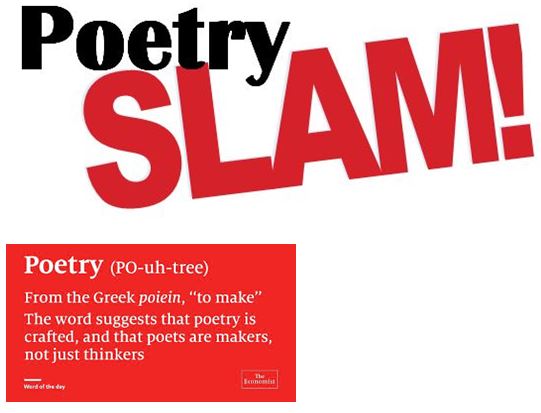
Click here for the Recordings of the Poetry Slam performances and the Event-Specific Webpage.
With introductory remarks by Britta Salecker, Vice Consul, Consulate General of the Federal Republic of Germany in Miami, on behalf of the co-sponsorship of this Symposium and Poetry Slam on the part of the Embassy of the Federal Republic of Germany, Washington D.C.
What does Global-Cultural Environmental Justice mean to you? How might it be imagined? What might it concern specifically? How might we work in its direction with our language and actions? How might we go about actually making it?
The above questions are intended only to provide a general thematic orientation, not to constrain the creative process. The goal is to interconnect your concerns about what is going on with our environment—whatever these might be—with poetic language and/as concrete action in the form of a video of its performance.
Your poetry can be in verse or free-form, recited or put to music and sung. Video-record yourself with your phone or webcam as if you were on a stage and the phone or webcam were your microphone. You can dress up your background(s) as your “stage” however you might like, not at all, or have a natural background(s) outside; no extra bells, whistles, or video effects beyond this are expected or required. Your video-taped Poetry-Slam performance should not exceed 5-minutes.
With thanks for additional support to :
“Campus Weeks” funding from the Embassy of the Federal Republic of Germany.
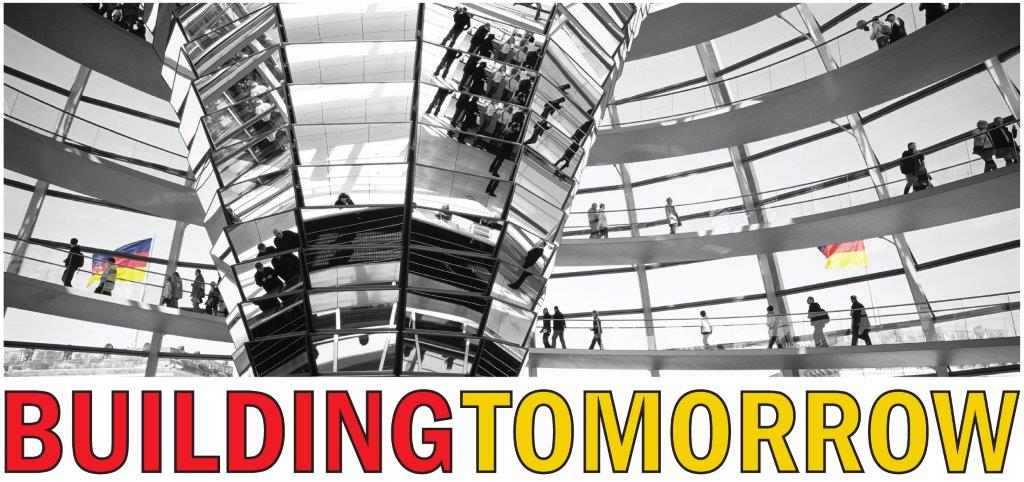
![]()